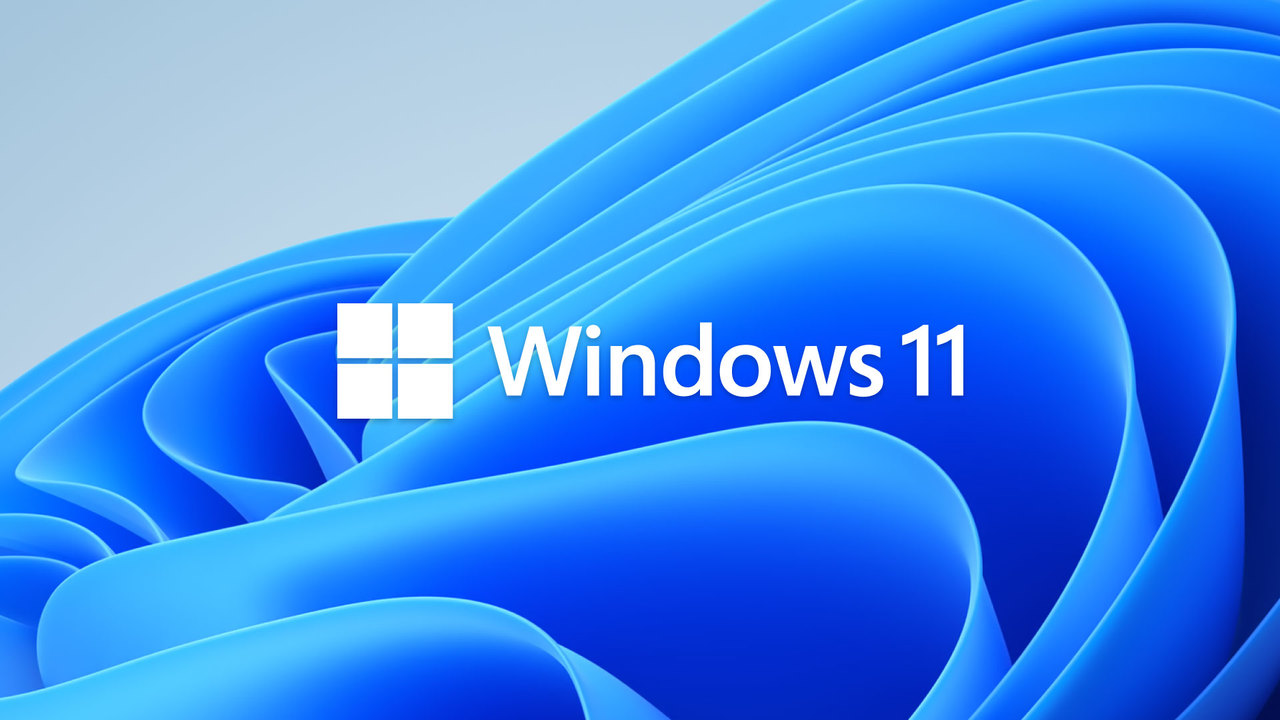Microsoft officially released the first Insider Preview build of Windows 11 yesterday. While the build was rolled out, the company has clarified on the minimum requirements of the new Windows 11 software.
According to a blog post from Microsoft, the PC health check tool has caused confusion regarding the compatibility of the software. Consequently, the PC Health Check App has been taken down after negative feedback from those trying to install the software on their powerful rigs. The tool failed to clarify the exact reason for the incompatibility of the software and for showing incompetent results.
“The intention of today’s post is to acknowledge and clarify the confusion caused by our PC Health Check tool, share more details as to why we updated the system requirements for Windows 11, and set the path for how we will learn and adjust”, the post stated.
Although the post is shared to shed some light on the updated minimum requirements of Windows 11, it does not have a definitive answer for the same. What we learn is that Microsoft is paving paths for those with Intel 7th gen chips. The new software could also support AMD’s Zen-1 processors. Let’s look at the updated requirements further in this article.
As of now, Windows 11 is not supported for old-gen chips and those with new-gen processors didn’t tick the PC Health app’s compatibility list. Well, it doesn’t mean that your powerful system doesn’t support the software. It’s just that Microsoft’s app does need some workarounds.
Nonetheless, Windows 11 currently supports chipsets with 2 or more cores having 1 GHz or faster speed. In order to run Windows 11, the system needs at least 4GB of RAM and 64GB of storage. It runs on TPM version 2.0 and supports DirectX 12.
“Using the principles above, we are confident that devices running on Intel 8th generation processors and AMD Zen 2, as well as Qualcomm 7 and 8 Series, will meet our principles around security and reliability and minimum system requirements for Windows 11”, the post continued.
Furthermore, the post also confirmed that Microsoft will be testing the compatibility for Intel’s 7th generation and AMD’s first generation processors. With this, we can expect the aforementioned chips to be compatible with the new Windows 11 in the future.
RELATED:
- Poll of The Week: Will your PC get updated to Windows 11?
- Here are the system requirements for the Microsoft Windows 11 Update
- Microsoft brings Android apps to Windows 11 through Amazon Appstore
- Microsoft’s Your Phone App extends its multi-app multitasking feature to more Samsung devices
(Source)








